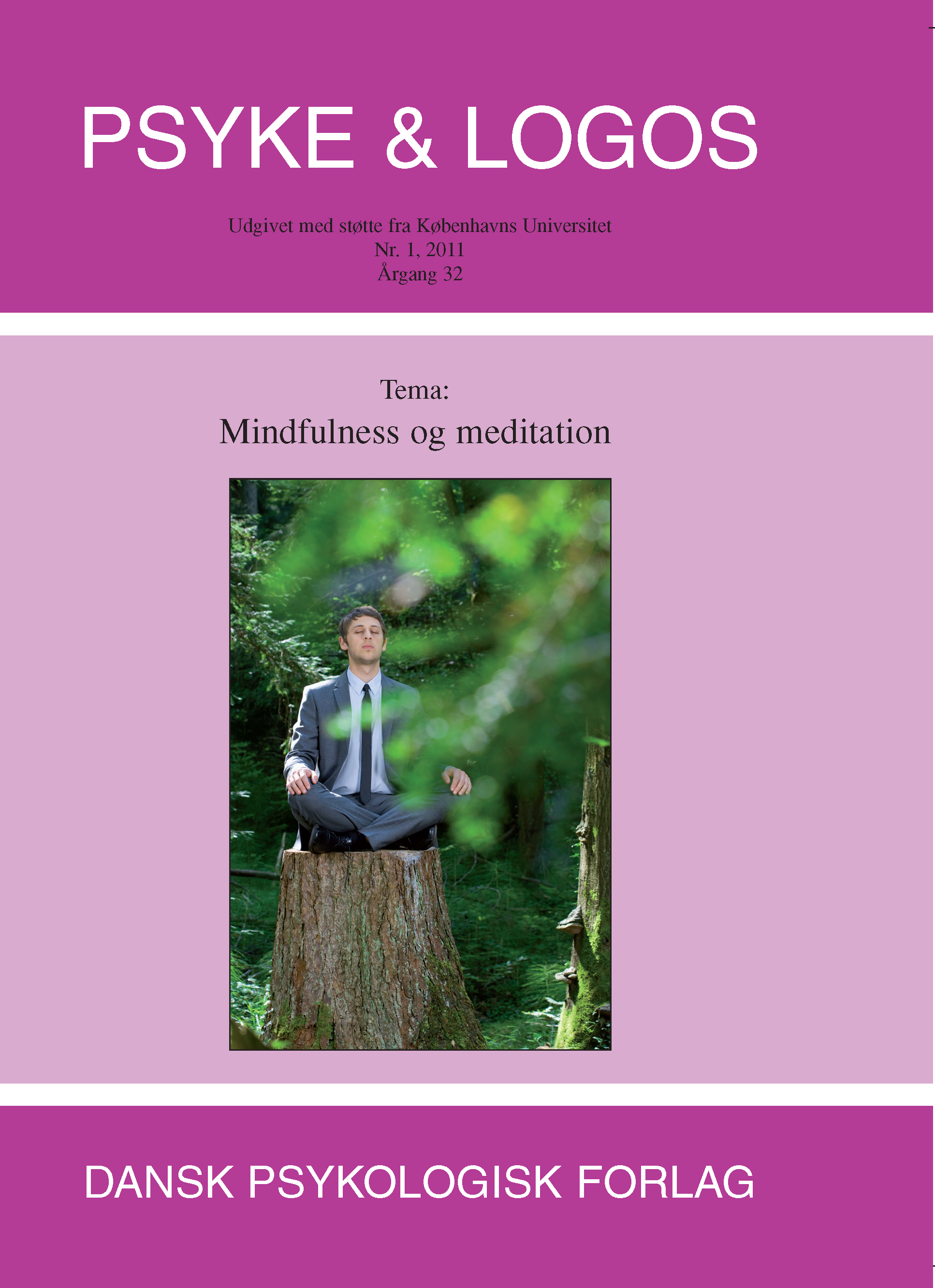ORIGINS OF MINDFULNESS & MEDITATION INTERPLAYOF EASTERN & WESTERN PSYCHOLOGY
DOI:
https://doi.org/10.7146/pl.v32i1.8802Keywords:
Mindfulness, Meditation, Eastern & Western psychologyAbstract
“The East and the West must unite to provide one another with what is lacking”
Abdu'l Baha in Sinha & Sinha, 1997
Mindfulness & meditation are gaining popularity in the Western psychological practice in the past 4-5 decades, especially within psychotherapeutic approaches, health promotion, and stress reduction. The origins and the broader context, however, seem to be overlooked in some of these practices.
This article focuses on the origin of these phenomena in the first part, as it is important for both their interpretation and application in the current Western context. As these practices, entered Western psychology through India, basic assumptions about human nature in Indian psychology, monoism of body-mind, centrality of consciousness and meditation as a part of daily conduct are presented. The basic constructs of Buddhism, an integral part of Indian psychology, in relation to mindfulness and meditation, are also delineated as illustrations of these assumptions.
The second part reflects on the application of the meditative practices through cognitive existential study of mindfulness (Kabat-Zinn, 2003) and a study on the phenomenology of meditation (Madsen, 2007). Both emphasize an experienced instructor, regular practice as a part of daily life, conceptual consciousness understandings for beneficial effects of these practices.
The last part reflects critically on perils of mindfulness and meditation in the context of modernity. There is an appeal for considering these as a part of daily life, not just a technique, along with considering their origin and aspects such as spirituality considered as compassion and interconnectednes, spirituality as compassion, interplay between the Eastern and Western psychological understandings and the broader context.
Downloads
Published
How to Cite
Issue
Section
License
Ophavsret er tidsskriftets og forfatternes. Det er gældende praksis, at artikler publiceret i Psyke & Logos, som efterfølgende oversættes til andet sprog, af forfatteren frit kan publiceres i internationale tidsskrifter, dog således at det ved reference fremgår, at den oversatte artikel har et forlæg i en dansksproget version i Psyke & Logos. Artikler kan frit deles og linkes til på forsknings- og undervisningsnetværk (så som Blackboard). Link foretrækkes, fordi det giver oplysning om brug af tidsskriftets artikler.




